Other
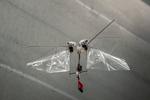
“A novel insect-inspired flying robot, developed by TU Delft researchers from the Micro Air Vehicle Laboratory (MAVLab), has been presented in Science (14 September 2018). Experiments with this first autonomous, free-flying and agile flapping-wing robot – carried out in collaboration with …

“Researchers at TU Delft have developed a highly sensitive and versatile hydrogen sensor that works at room temperature. The sensor is made of a thin layer of a material called tungsten trioxide. Hydrogen has the potential to replace fossil fuels …

“Spintronics in materials of just a few atoms thick is an emerging field in which the ‘spin’ of electrons is used to process data, rather than the charge. Unfortunately, the spin only lasts for a very short time, making it …
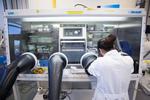
“There is a lot of progress still to be made when it comes to batteries and energy storage. The problem of storing energy is often underestimated however. Gradual evolution in the world of batteries is more likely than a revolution …

“A team of TU Delft scientists led by Professor Vandersypen seeks to create better and more reliable quantum processors. In a neck-and-neck race with competitors, they showed that quantum information of an electron spin can be transported to a photon …

“Researchers at TU Delft have combined origami techniques and 3D printing to create flat structures that can fold themselves into 3D structures (for example a tulip). The structures self-fold according to a pre-planned sequence, with some parts folding sooner than …
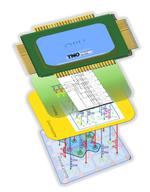
“Future quantum computers promise exponential scaling in computing power with linearly increasing number of qubits. However, harnessing this power is challenging due to the complexity of controlling a large number of qubits simultaneously. A solution to this problem has been …
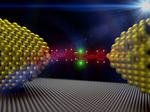
“Diodes are the ‘traffic lights’ of electrical devices: they determine whether or not electricity is able to pass through a circuit. Chip manufacturers strive to make them as small as possible, so that they can fit the maximum possible amount …
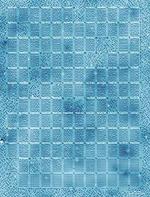
“Every day, modern society creates more than a billion gigabytes of new data. To store all this data, it is increasingly important that each single bit occupies as little space as possible. A team of scientists at the Kavli Institute …
